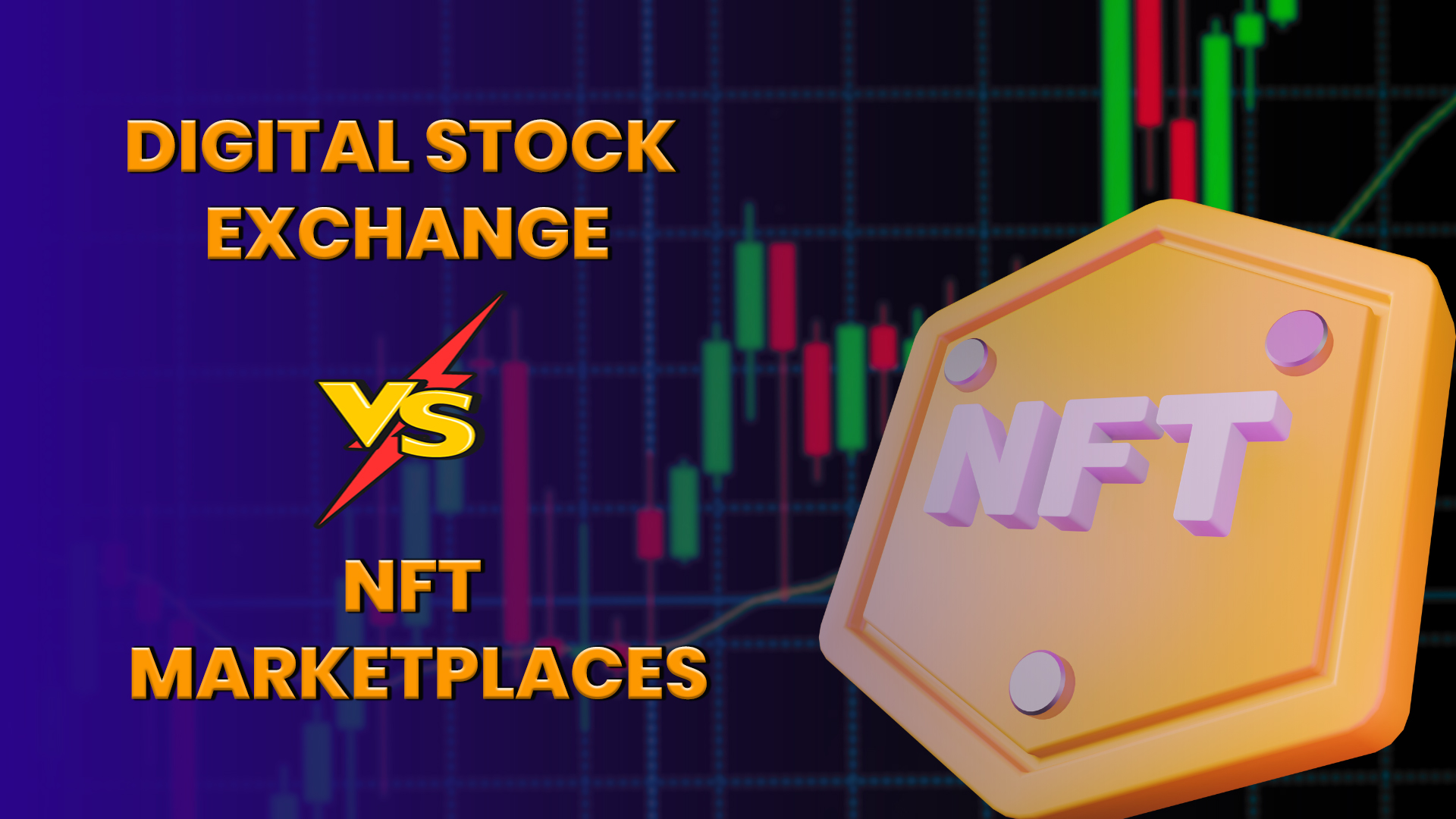- NFT is a tokenized asset with blockchain technology.
- NFT marketplaces have limitations related to regulation and accessibility.
- Upstream digital stock exchanges regulate verification and copyright activities as well and the accessibility is also good.
The NFT is an asset that is tokenized with the help of blockchain technology. It is used for different purposes, starting with exchanges and trading. The future of NFT is exponentially proliferative, as some of the risks and challenges have been taken into consideration. The digital stock exchanges overcome the limitations of NFT marketplaces
What Is NFT?
NFT stands for Non-Fungible Token. These are assets that are tokenized with blockchain technology. These are distinguished from other tokens by their unique identification codes and metadata. These can be anything from sports highlights and collectibles like art to computer-generated avatars.
The value of NFTs depends on the demand for them by the users. Certain gaming avatars or artwork have sold for millions but lost their value with time as their demand in the public decreased. Hence, not every NFT is appreciable in value. NFTs either have a fixed selling price or there is a need to bid for them in an auction.
The steps to minting NFTs include first deciding the concept of one’s NFT and then selecting an NFT platform and then connecting a digital wallet to the platform, creating an NFT, and minting the NFT in the form of a unique token on the blockchain.
The best way to increase the reach and demand for NFTs is by promoting them through various channels, including art communities, social media, the NFT marketplace, etc. It is very important to remain transparent about the work.
Risks and challenges include pseudonymity, copyright and intellectual property, cybersecurity threats, smart contract risks, privacy and data protection, environmental impact, and regulation.
Areas Of Concern For Existing NFT Marketplaces
The major areas of concern for existing NFT marketplaces are anticipated KYC/AML regulations, blockchain knowledge barriers, and accessibility hurdles.
- Anticipated KYC/AML regulations coming to the NFT space
Many NFT platforms have moved faster than regulation, which could open the door to AML, KYC, and securities law violation risks. It is very uncommon for NFT platforms to require an identity verification process.
- Blockchain knowledge barrier
Most of the NFT platforms need Ethereum or some other cryptocurrency to purchase NFTs. It requires users to set up their own cryptocurrency wallet with a third party, like MetaMask.
- Accessibility hurdle
Most of the NFT marketplaces are built on the Ethereum network. Hence, concurrent spikes are observed in popularity, and gas network fees continue to skyrocket. It takes NFTs further out of reach of retail fans and investors.
Upstream addresses the concerns with the help of fully regulated digital stock exchanges with no blockchain knowledge, need, or accessibility.
Conclusion
The upstream digital stock exchanges of NFTs are better than the NFT marketplaces, as these lower the limitations of NFT marketplaces. The blockchain’s knowledge, accessibility, and full regulation, which includes identity verification, anti-money laundering and copyright protection, are guarded.
